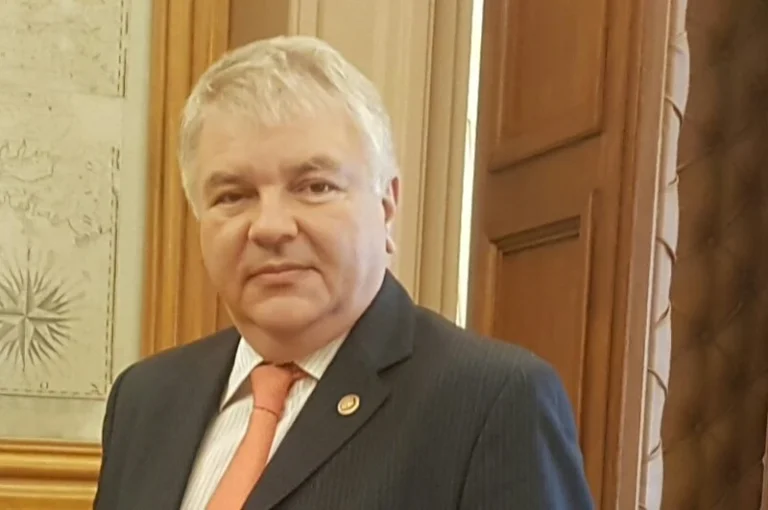Russia
Despite earlier reports, Hungary joins EU talks on drone wall at eastern borders

Trump: Hungary should not be blamed for its dependence on Russian oil

One empty chair: Hungary left out of EU drone wall meeting

Russian ambassador says if NATO shoots down their aircraft, it would immediately start a war

Russia Hands Over 1,000 Bodies of Alleged Ukrainian Soldiers in Exchange

“The Croats are profiteering from the war” – Hungary’s Szijjártó slams neighbouring Croatia

BREAKING: Hungarian Gripens scrambled due to Russian fighter jets

Will Budapest have an Alexei Navalny Promenade in front of the Russian embassy?

IMF warns: Hungary could suffer Europe’s worst economic hit if Russian gas supply ends

BREAKING – Trump calls Orbán his friend and says he would end Russian oil purchases if asked

Hungary and Slovakia not invited to the EU’s “drone wall” talks

Espionage scandal in Austria: OMV executive dismissed for alleged spying for Russia

Former Hungarian intelligence chief warns of likely Russian interference in 2026 elections

Russian drones and fighter jets in Poland, Romania, Estonia – Putin preparing for war against NATO?

Fierce PM Orbán-Swedish premier clash over Orbán’s Putin policy and “unbearable” life in Sweden

Trump administration issues strong warning to PM Orbán over lucrative Russian deal

Navalny’s Budapest memorial torn down amid emerging new details of his death

Hungary’s Orbán likely to veto new anti-Putin EU sanctions package





 ZH
ZH IT
IT DE
DE HR
HR NL
NL FR
FR JA
JA RO
RO RU
RU ES
ES TR
TR
